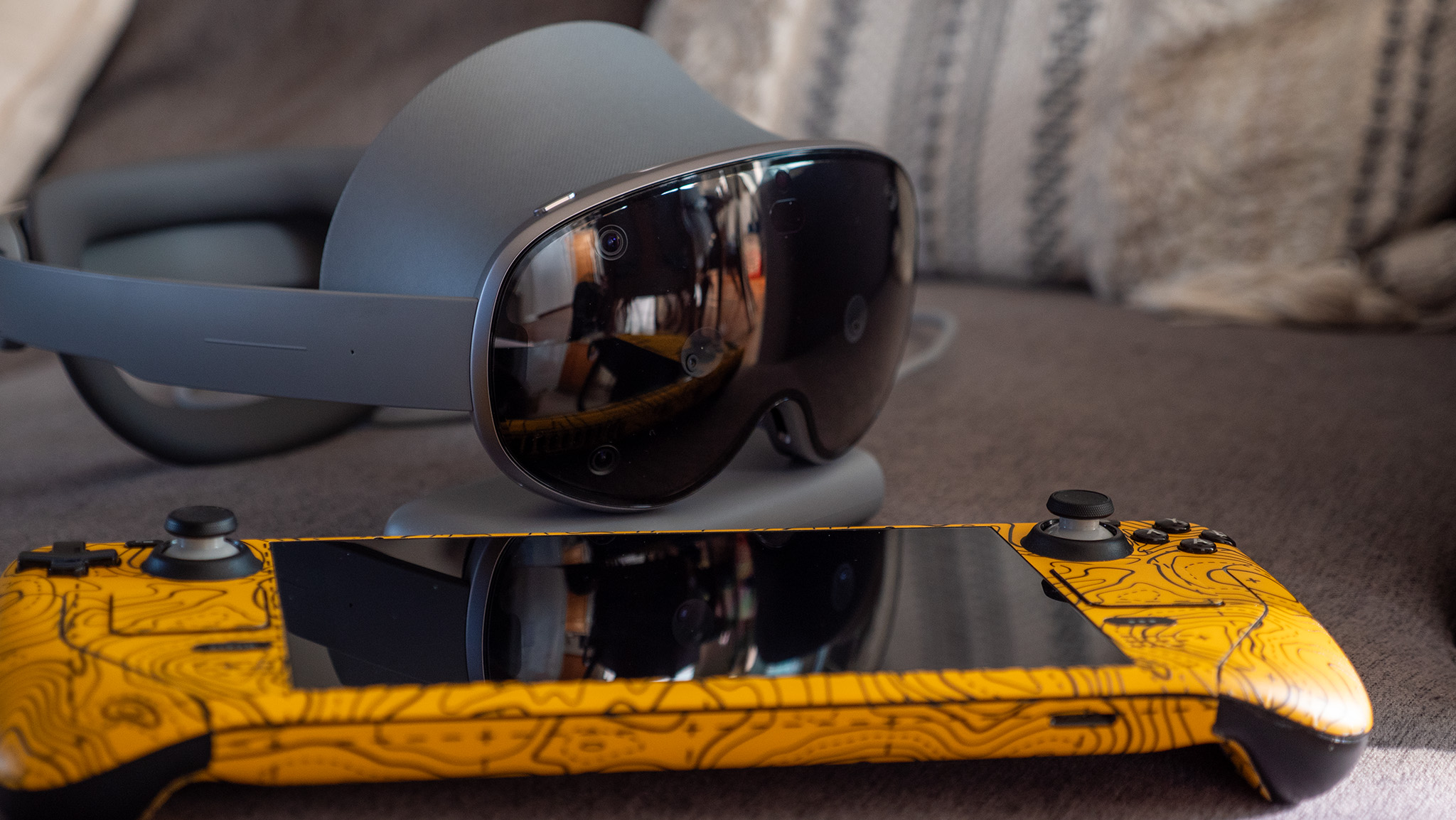5 surprising things we learned about the Android 11 beta
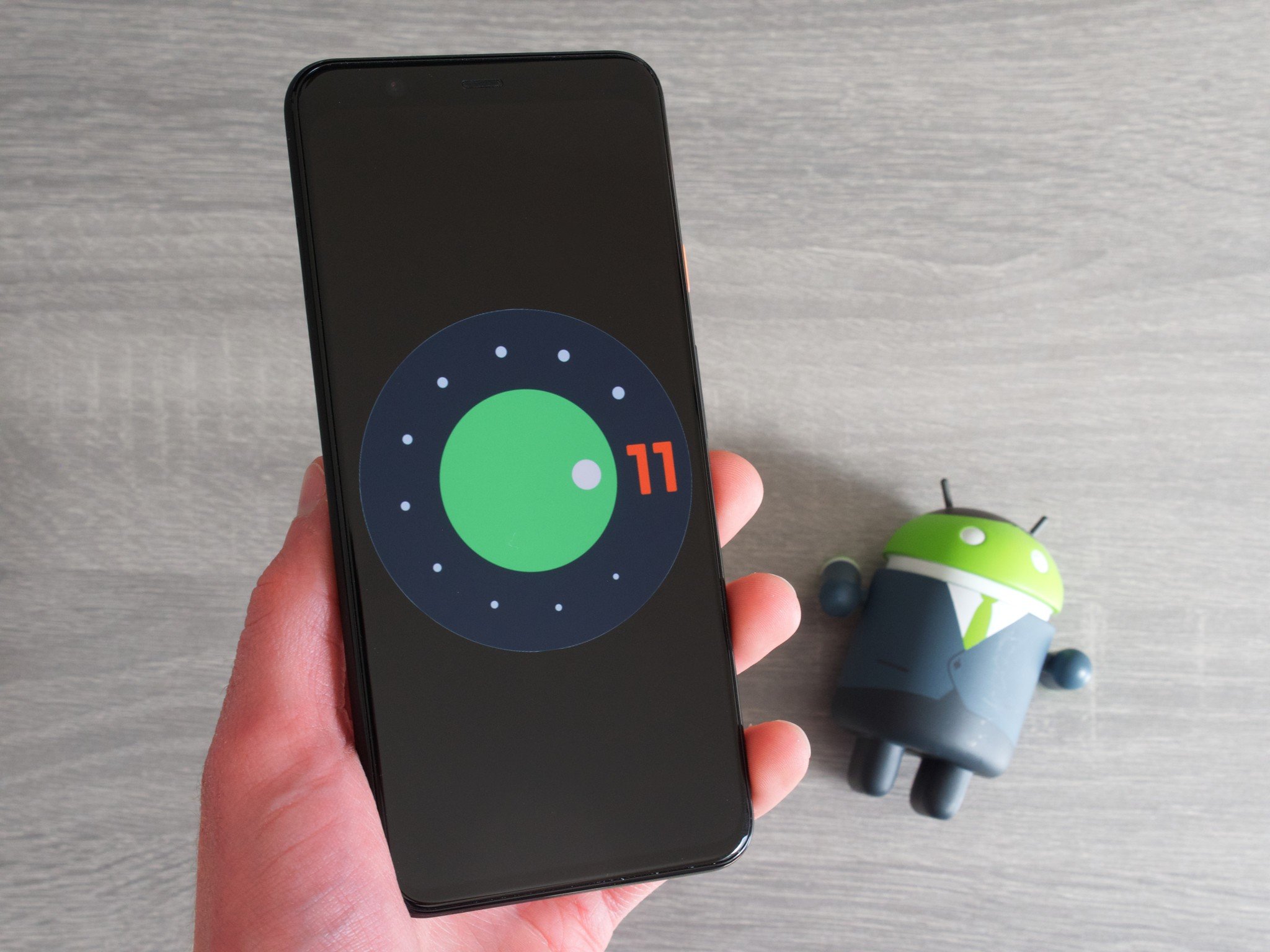
Get the latest news from Android Central, your trusted companion in the world of Android
You are now subscribed
Your newsletter sign-up was successful
The Android 11 beta has been out for about a week, and that means that plenty of people have had the time to sort out everything new and good that comes with it. You probably know about the big stuff — things like chat bubbles and power menu additions are definitely worth talking about — but there are a few hidden gems that didn't quite make it onto the highlights page.
The 4GB size limit for video recording has been removed
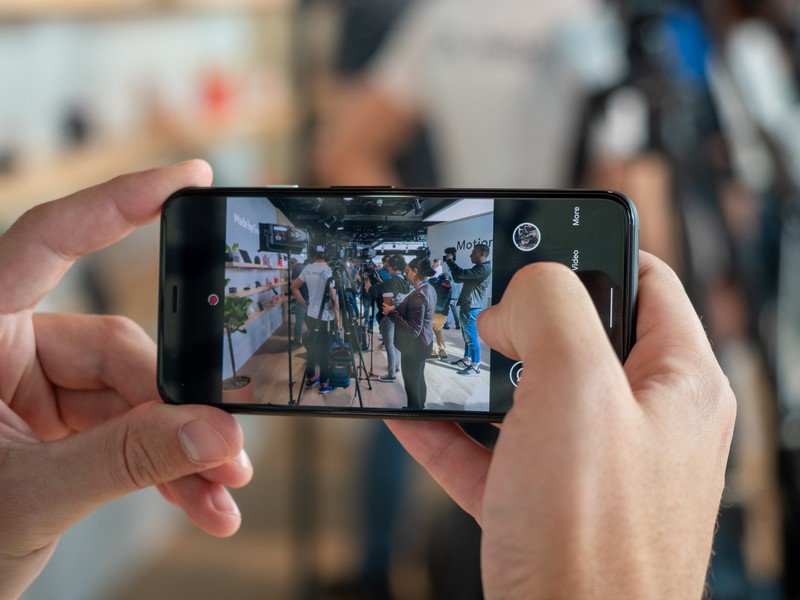
For a long time, Android has had a file size limit of 4GB whenever you record a video. That wasn't so bad when you were shooting a low-bitrate 1080p video and saving it to an SD card that couldn't process files larger than 4GB anyway. But with 4K capable cameras, it meant that even a 15-minute video would be chopped into more than one file because it's too big.
No more stitching multiple video files together with Android 11.
Previously, all of your video was saved, but you either had to watch it as separate videos or use a utility to stitch them together if you were copying the video(s) to a computer. With Android 11, that's all a thing of the past as the software classes and APIs that write media has been moved to use a 64-bit file size versus the original 32-bit. That means the theoretical maximum size is about 2,305,843,009 ((2^64)-1) Gigabytes.
The camera application will determine the actual maximum size. While we shouldn't expect the ability to save 2 billion GB video files, look for apps that target Android 11 to save videos larger than 4GB in size, finally.
Android 11 has a hidden Recycle Bin
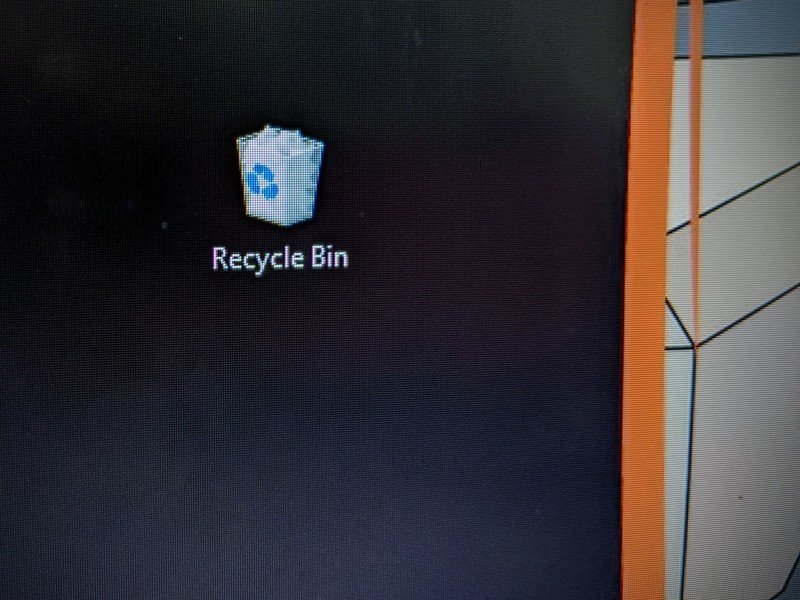
If you've ever used Google Photos, you might know that deleting a photo or a video doesn't destroy it right away. Instead, there is a "Trash" folder that stores them for 30 days just in case you change your mind. It works the same way the Recycle Bin on a computer does, and now a similar feature is part of Android.
Apps that use the MediaStore API have three new features at their disposal with Android 11 — they can ask if you want to send a media file to the trash, mark it as being in the trash, and set an amount of time before it's deleted permanently. There's a system-wide limit of 30 days for storing "trashed" media, but developers can specify a shorter length of time if they would like. After the set time is reached, the media is then purged from your storage.
There's also a method to view "trashed" files, so it would be possible for a developer to build a Recycle Bin viewer app in case we want to know what's sitting there waiting.
Get the latest news from Android Central, your trusted companion in the world of Android
Android 11 natively supports 84 new game controllers
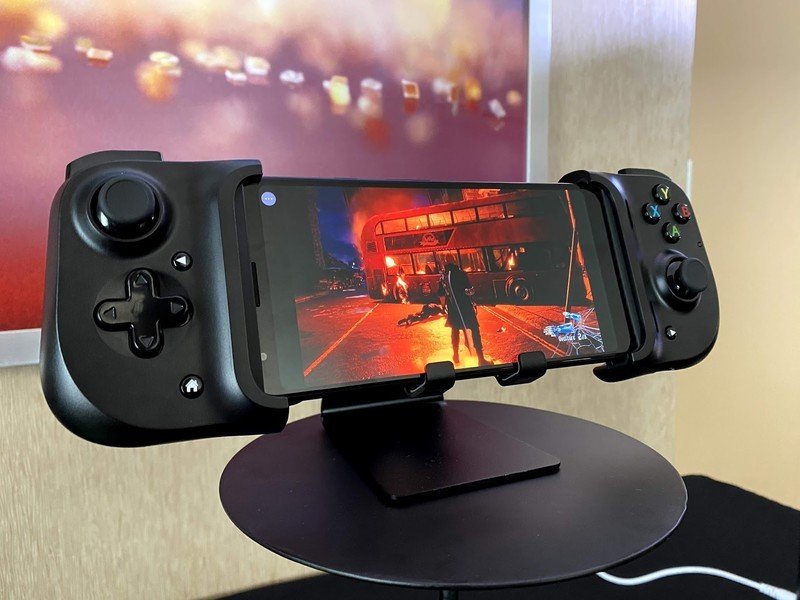
Your Android phone can connect to a game controller that not only works as a gaming controller should but also as a weird sort of mouse of you'd rather not touch the screen. With some of the more intense and action-packed games coming to Android, using a controller can be a big help.
The problem is that there are so many good controllers out there that just don't work properly with Android, so the consensus has always been to just buy an Xbox or PlayStation controller. That changes with Android 11, as there are 84 new controllers with out of the box support.
You can read the full list here, but some highlights include new controllers from Logitech, Mad Catz, aftermarket Xbox controllers and even a second Android phone running virtual game controller and virtual remote software.
Now there's just no excuse not to play some great Android games.
Voice Access can now understand what is displayed on your screen
One thing I left out of my Android 11 beta hands on was the improved Voice Access, which now understand screen context and content. That was a mistake - it's actually incredible.
You don't have to use a grid or button numbers, you can just say what's on the screen. Watch: pic.twitter.com/wXidxZGVjtOne thing I left out of my Android 11 beta hands on was the improved Voice Access, which now understand screen context and content. That was a mistake - it's actually incredible.
You don't have to use a grid or button numbers, you can just say what's on the screen. Watch: pic.twitter.com/wXidxZGVjt— Dieter Bohn (@backlon) June 10, 2020June 10, 2020
Android Voice Access is an accessibility feature that allows a person to operate their phone by speech. It's not a new app or feature, but with Android 11, it gets a huge improvement — it can actually understand screen content and context.
New accessibility features are important and always welcome.
Before Android 11, you had to tell Voice Access to do things like move down or move left to shift a virtual cursor to the different controls of an app, and that got very complicated very quickly. It's great that the option for motor-impaired folks was there, but it needed a makeover.
And that's what it got! With Android 11, Voice Access "just works" most of the time, and when you meet up with one of those times where it doesn't, you can move directly to a control by number without the app losing track of the rest of what it can understand. This is very similar to iOS' Voice Control feature, and it's fantastic seeing more tools for people who need them.
Android 11 forces apps to support being backed-up
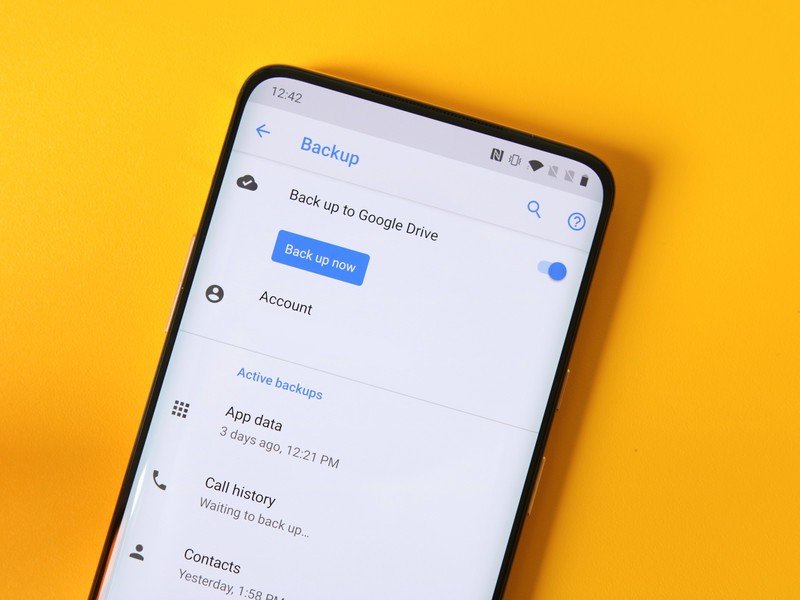
Just not to the cloud. Yep, you read that right. Apps targeting Android 11 are forced to support a local storage backup but not a Google Cloud Storage backup.
Android offers a complete backup infrastructure, but you wouldn't know it if you switch phones a good bit. Hidden in your Google Drive account is free storage space that gives every app its own 25MB of space to store things like settings or game progress data. If you use a lot of apps, you have probably encountered a few that use the service and instantly wished that the rest of your apps did, too.
But there's another backup that can be done through ADB (Android Debug Bridge; a way for a computer and your phone to communicate) that locally creates a backup and saves it to your computer. The thing is, developers didn't have to support it, either. Using it usually just reinstalled apps without any of their associated user data.
In Android, 11 backup files will actually work. Don't get too overjoyed though — apps must target Android 11, and we all know how that will play out.
It's always cool to find out about the things that Google doesn't tell us when Android gets an update. And since we're only at the first beta build, lists like this one are only going to grow, and we'll see more unknown — or at least not highlighted — Android features!
Have you listened to this week's Android Central Podcast?
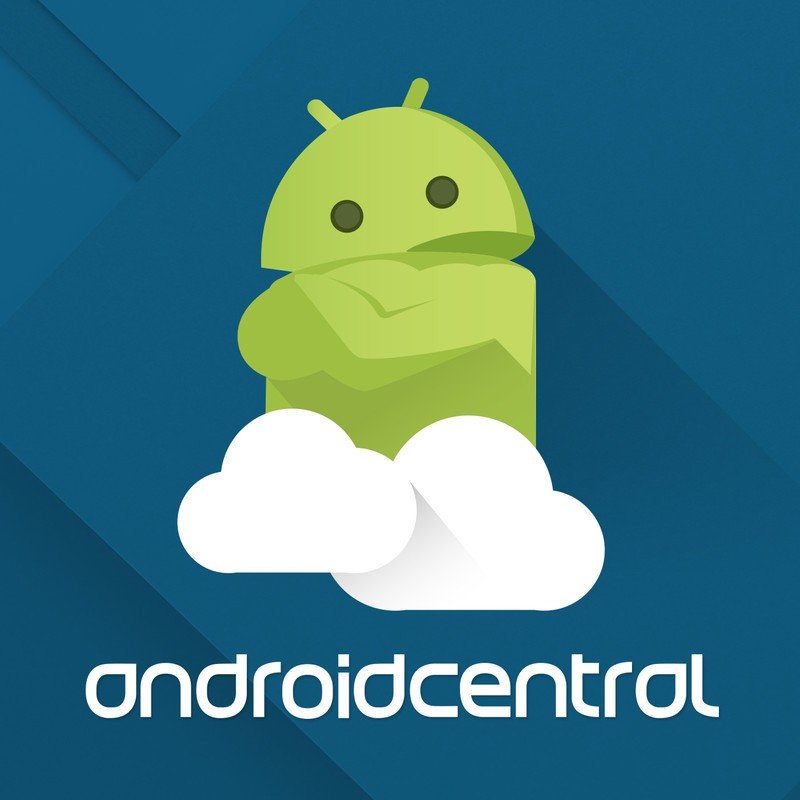
Every week, the Android Central Podcast brings you the latest tech news, analysis and hot takes, with familiar co-hosts and special guests.

Jerry is an amateur woodworker and struggling shade tree mechanic. There's nothing he can't take apart, but many things he can't reassemble. You'll find him writing and speaking his loud opinion on Android Central and occasionally on Threads.
